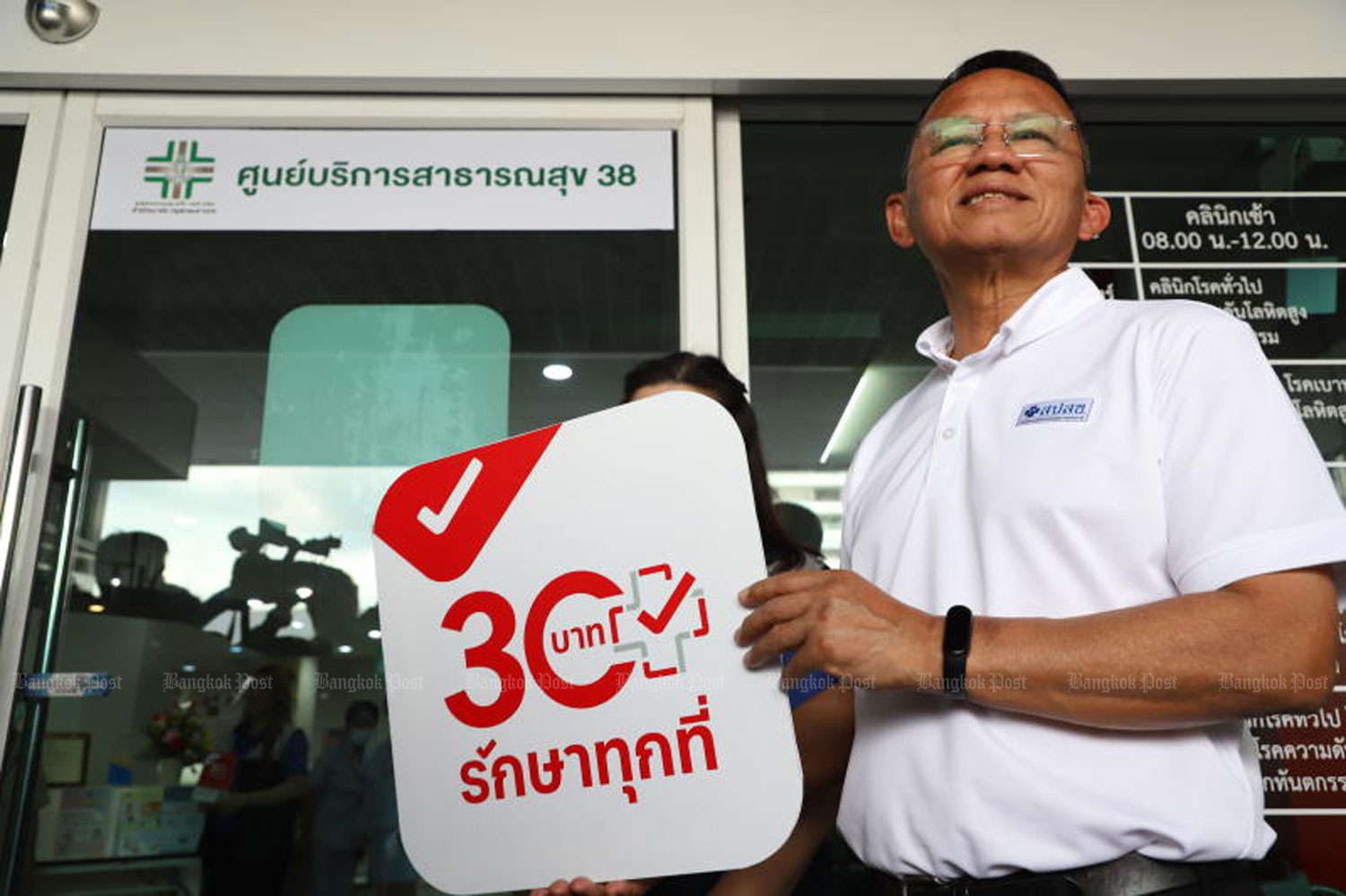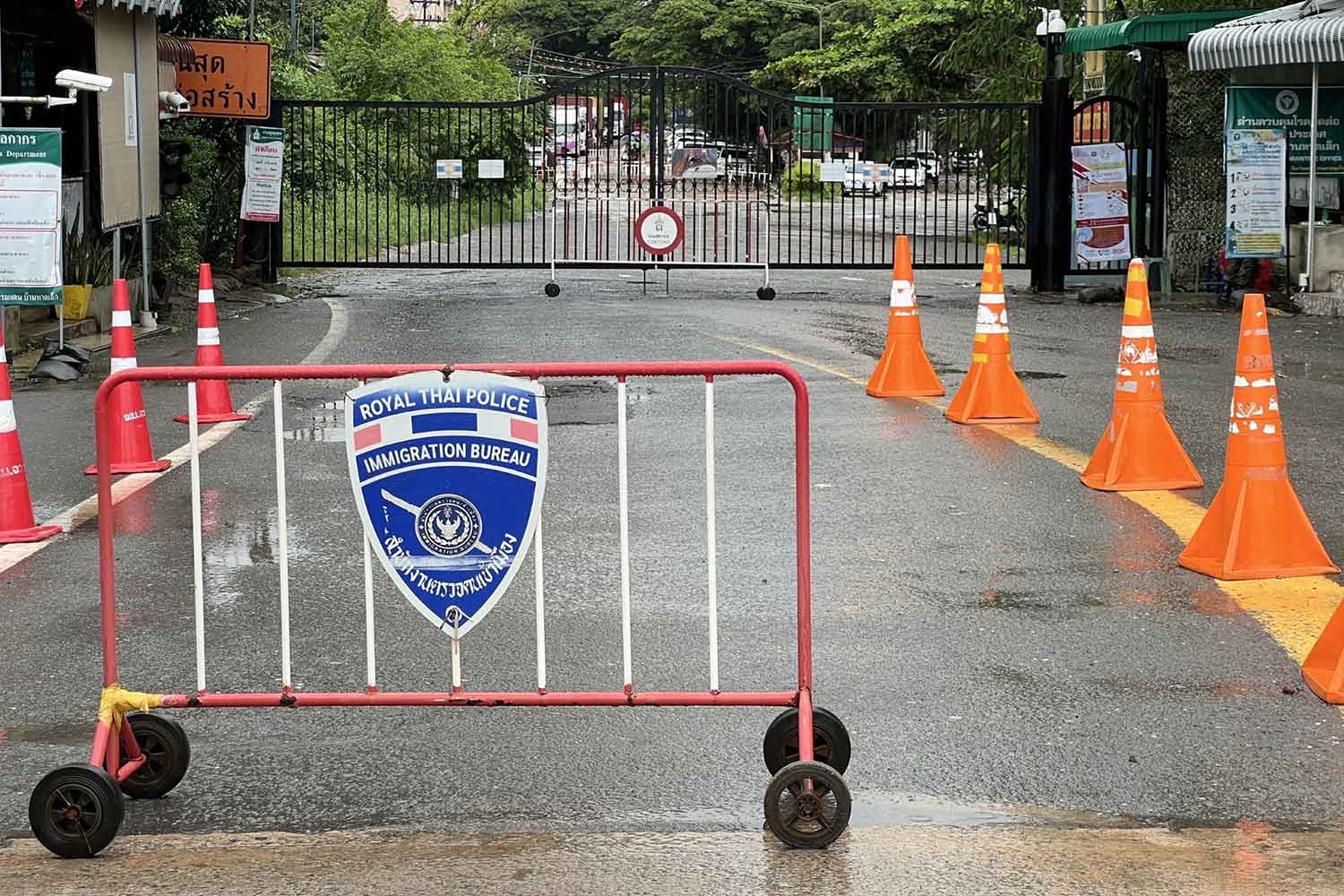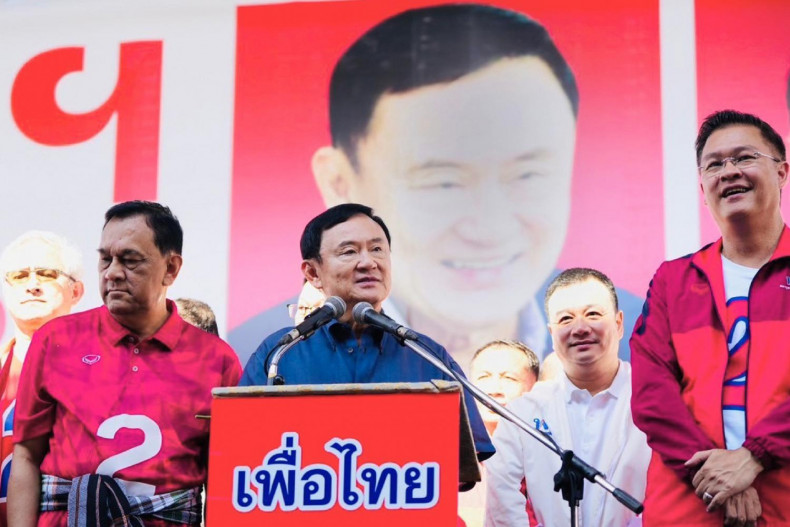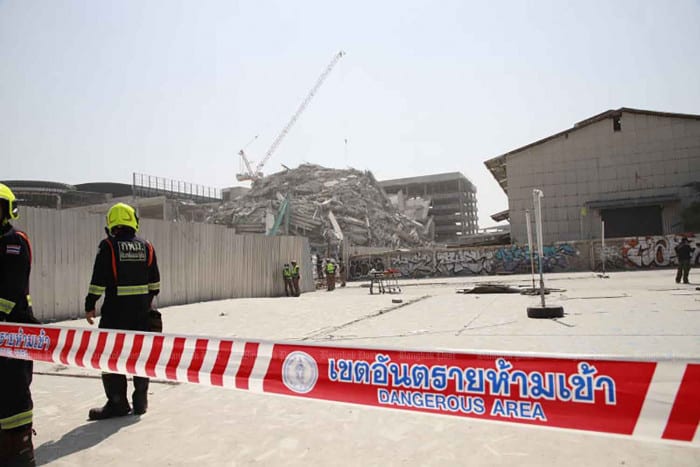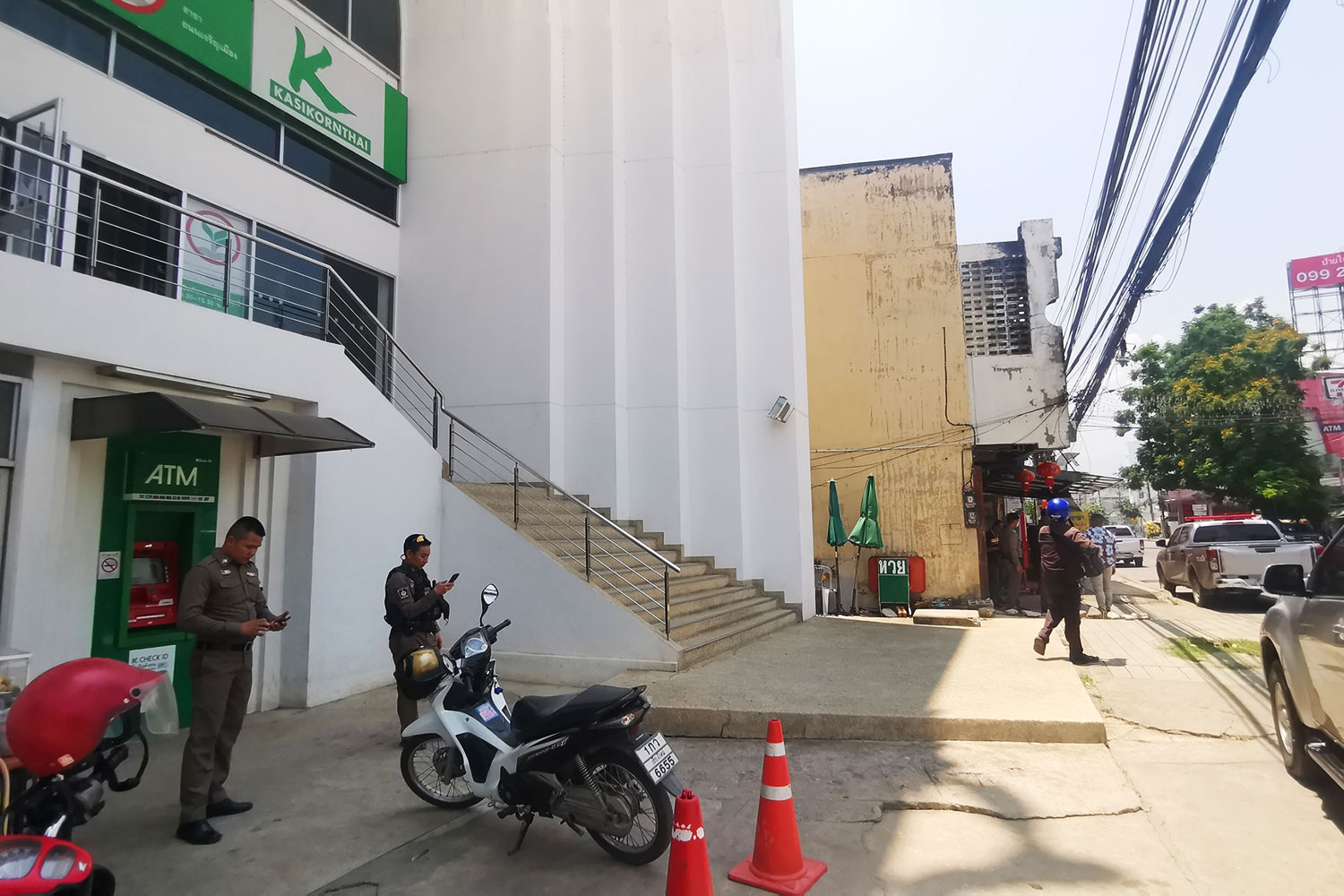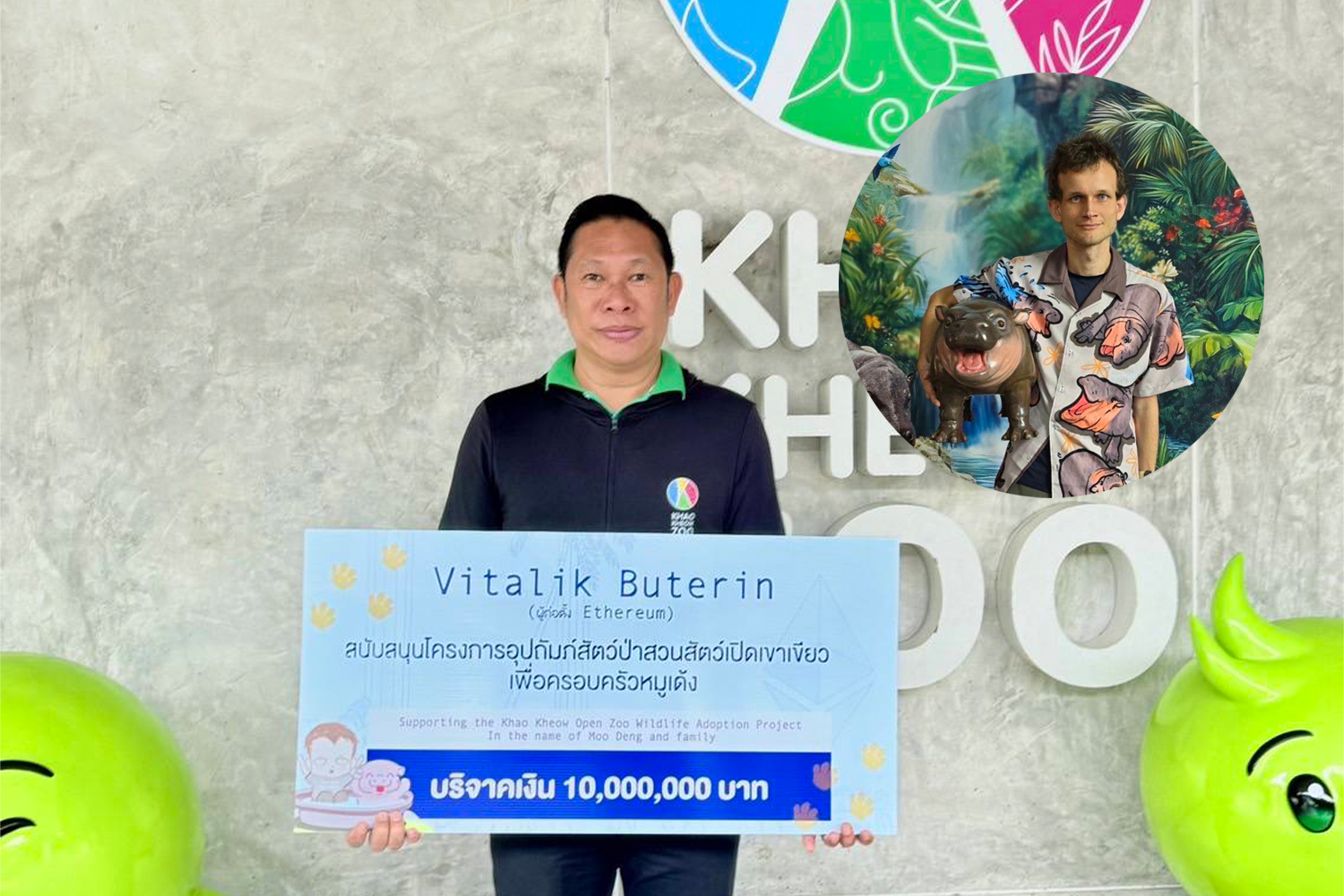Reassurance on Financial Stability
Minister Highlights 46 Billion Baht Reserve
Public Health Minister Somsak Thepsutin addressed concerns on June 5, 2025, affirming that the 30-baht “gold card” Universal Healthcare Coverage scheme is financially sound. With reserve funds totaling 46 billion baht after liabilities, the scheme remains robust despite recent worries about hospital budget shortfalls, offering peace of mind to millions of subscribers across Thailand.
Addressing Hospital Budget Concerns
Limited Impact on 304 Million Visits
During a National Health Security Office (NHSO) board meeting, Somsak tackled claims that the scheme’s reimbursement rates fail to cover treatment costs. In the 2024 fiscal year, the NHSO reimbursed approximately 220 million of the 304 million outpatient visits, with additional revenue from the Social Security Fund, civil servant benefits, and public payments, ensuring the system’s sustainability in 2025.
Investigating Financial Struggles
Only 13 Hospitals Face Challenges
Somsak noted that just 13 of the scheme’s registered hospitals are operating with negative reserves, a small fraction that doesn’t signal a broader crisis. He stressed that the ministry is probing other contributing factors and plans to send teams to these facilities to address their issues, reinforcing the scheme’s resilience and commitment to healthcare access in Thailand.
Independent Audits to Refine the System
Global Firms to Review Budget Allocation
NHSO secretary-general Dr Jadet Thammathataree revealed plans to hire top auditing firms like PwC, EY, Deloitte, and KPMG to evaluate the scheme’s budget allocation. This three-month audit will identify essential benefits and potential cuts, including programs for non-communicable diseases, aiming to optimize resources and strengthen financial health in 2025.
New Committee to Balance Costs
Collaboration with Finance Ministry
Dr Jadet announced the creation of a new committee, led by Finance Minister Phichai Chunhavachira, to analyze cost structures and set fair reimbursement rates across public healthcare funds. Working with the Social Security Office and the Comptroller General’s Department, this group will ease financial pressure on hospitals, ensuring the gold card scheme remains viable for Thailand’s largest patient base.
Confidence in the Scheme’s Future
Thriving with High Patient Load
NHSO Board member Dr Wichai Chokewiwat emphasized that only a handful of hospitals face financial distress, with 46 billion baht in net reserves signaling strong stability. Despite lower reimbursement rates compared to other programs, the gold card supports the widest population segment, managing a massive patient load effectively in 2025.
